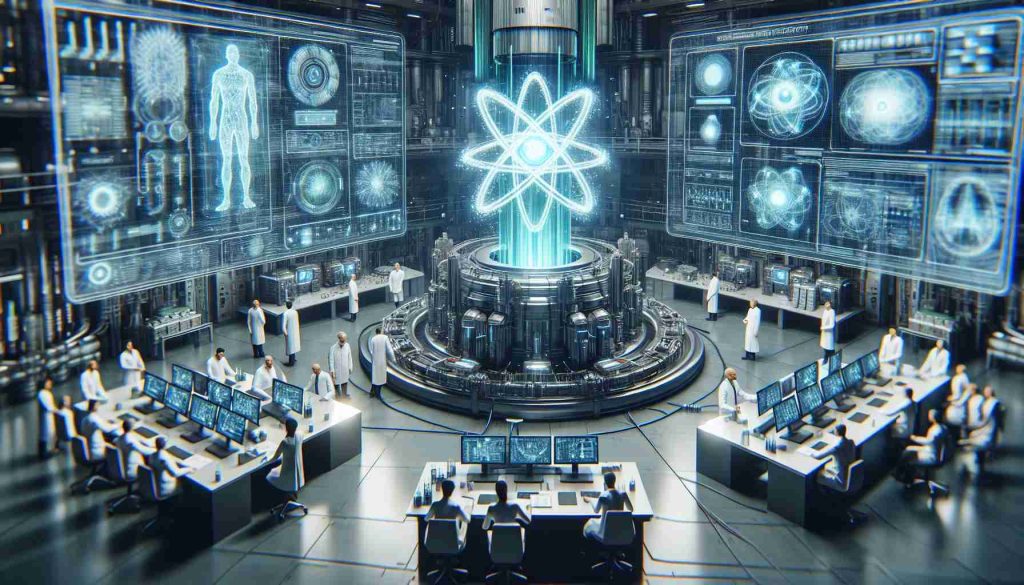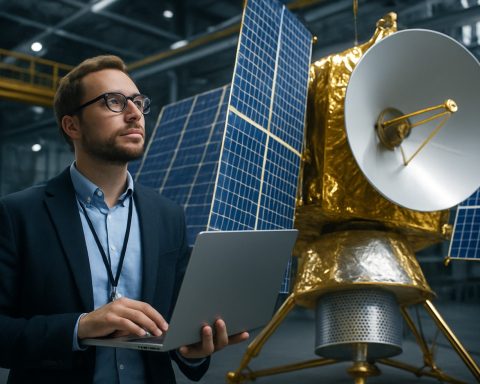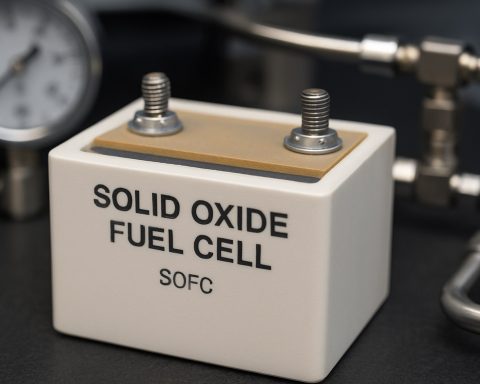Fusion Energy
Fusion energy is the process of harnessing the energy produced by the fusion of atomic nuclei. This occurs when two light atomic nuclei combine to form a heavier nucleus, releasing a significant amount of energy in the process. Fusion is the same reaction that powers the sun and other stars, where hydrogen nuclei fuse to create helium under immense pressure and temperature. The potential for fusion energy lies in its ability to provide a nearly limitless, clean energy source with minimal environmental impact, as it produces little to no greenhouse gases or long-lived radioactive waste. However, achieving controlled nuclear fusion on Earth for practical energy production poses significant scientific and engineering challenges, including the need to maintain extremely high temperatures and pressures to sustain the fusion reaction. Research continues in various experimental reactors, such as tokamaks and inertial confinement facilities, in hopes of making fusion energy a viable and sustainable alternative to fossil fuels and fission-based nuclear power.









